25 Foods Plus Butter That Experts Say Can Improve Heart Health
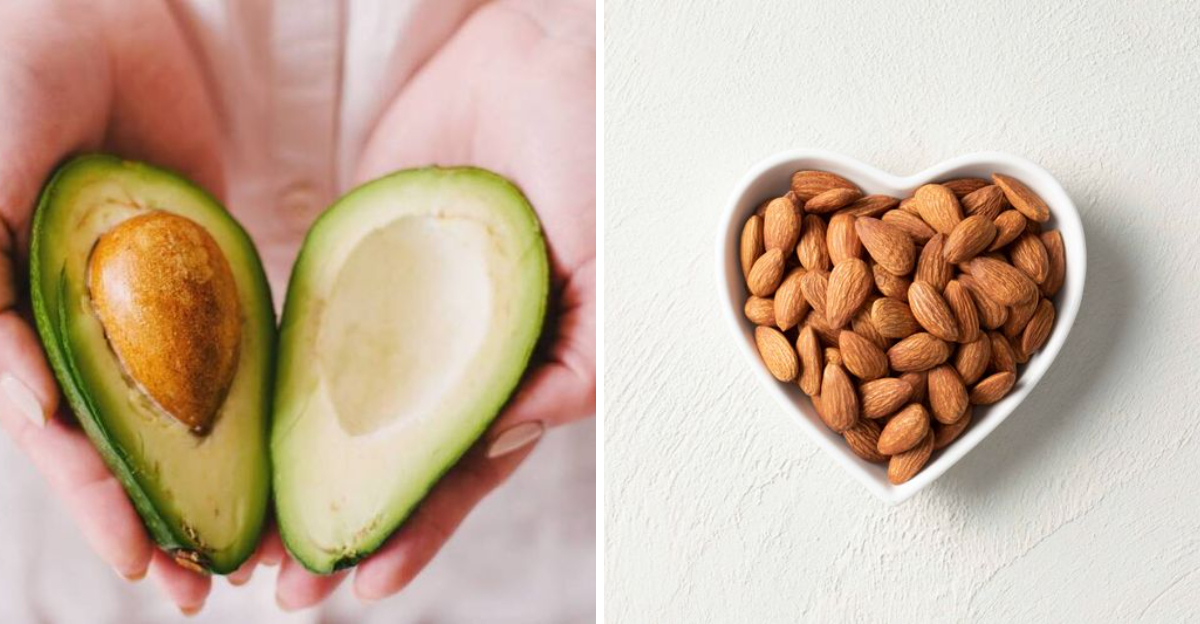
In the quest for a healthier heart, certain foods have been identified by experts as particularly beneficial. This blog post explores 25 foods, along with butter, that contribute to improved heart health. By incorporating these foods into your diet, you can support your heart’s wellbeing through natural, delicious options. From fruits and vegetables to nuts and grains, this selection is designed to fit seamlessly into a variety of meal plans. Explore the unique benefits and characteristics of each item, and learn how they can contribute to a heart-healthy lifestyle.
1. Avocados
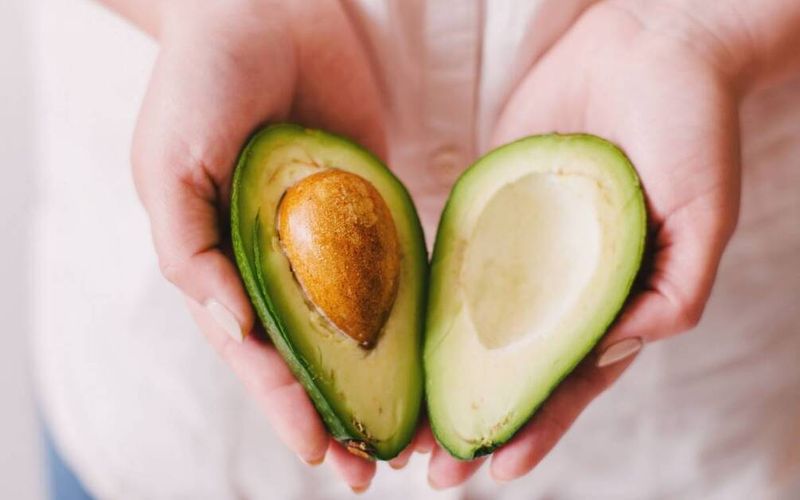
Avocados boast a wealth of heart-healthy monounsaturated fats and potassium, making them a top choice for lowering bad cholesterol. These creamy fruits are not only delicious but versatile, working well in salads, sandwiches, or even as a standalone snack. A daily dose of avocado could be a tasty way to enhance heart health.
Their rich texture and mild flavor allow them to pair beautifully with various dishes. Beyond taste, the nutrients in avocados support cardiovascular wellness by reducing inflammation and maintaining healthy blood pressure levels. Enjoy them mashed, sliced, or diced to suit your culinary needs.
2. Salmon

Salmon is a powerhouse when it comes to omega-3 fatty acids, essential for reducing inflammation and supporting healthy arteries. This pink fish not only delights the palate but also nourishes the heart, making it a beloved choice among health enthusiasts.
Regularly consuming salmon can contribute to lower blood pressure and triglyceride levels. Whether grilled, baked, or poached, salmon’s versatility ensures it can be a mainstay in heart-healthy diets. Its robust flavor and tender texture make it a culinary favorite, while its nutritional profile supports long-term cardiovascular health.
3. Oats
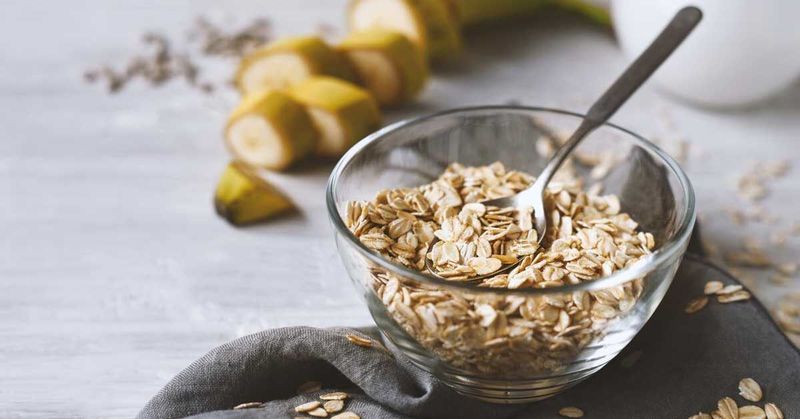
Oats are celebrated for their soluble fiber content, which helps lower LDL cholesterol levels. This humble grain is a breakfast staple for many, providing a hearty start to the day while benefiting heart health.
Incorporating oats into your diet can be as simple as enjoying a warm bowl of oatmeal or adding them to smoothies and baked goods. Their ability to stabilize blood sugar levels and promote a feeling of fullness further enhance their heart-supporting qualities. Known for their comforting texture and mild flavor, oats are a versatile and nourishing choice.
4. Almonds
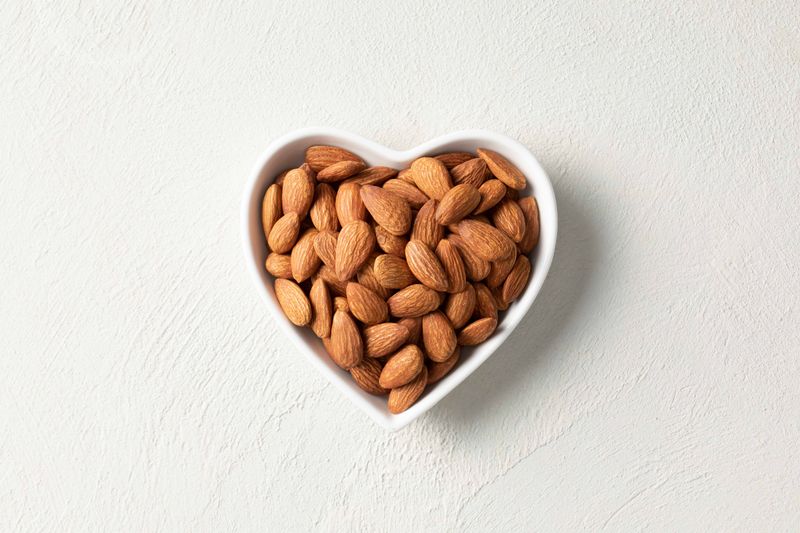
Almonds offer a delightful crunch and a wealth of nutrients, including heart-healthy fats, fiber, and vitamin E. These nuts are a convenient snack option, perfect for curbing hunger while supporting cardiovascular wellness.
Just a handful of almonds a day can significantly impact heart health by lowering bad cholesterol levels and providing essential antioxidants. Their mild, nutty flavor pairs well with both sweet and savory dishes, making them a versatile addition to any diet. Enjoy them raw, roasted, or as almond butter to reap their numerous benefits.
5. Walnuts
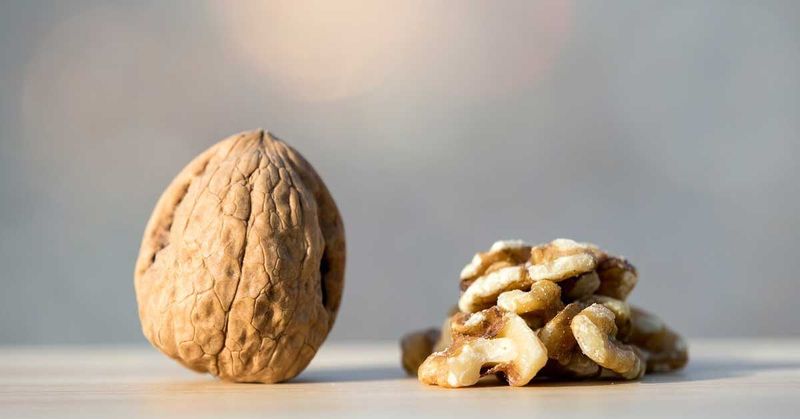
Walnuts are tiny giants in the world of heart health, packed with omega-3 fatty acids and antioxidants. These nuts are not only nutritious but also versatile, complementing a wide range of culinary creations.
Incorporating walnuts into your diet can help reduce inflammation and improve cholesterol levels. Whether enjoyed as a snack or added to salads and baked goods, walnuts bring a unique flavor and texture. Their robust, earthy taste is matched by their ability to support heart health, making them a favored choice among health-conscious individuals.
6. Dark Leafy Greens
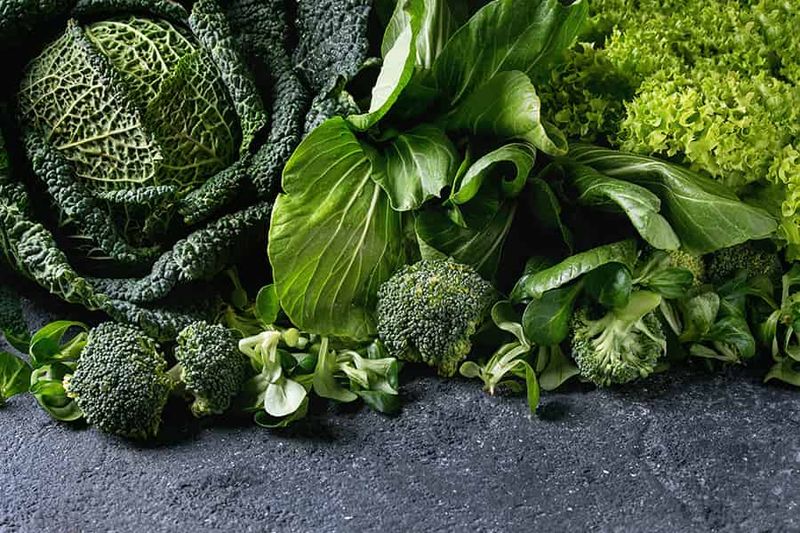
Dark leafy greens, such as spinach, kale, and Swiss chard, are nutritional powerhouses rich in nitrates and potassium. These vegetables are essential for maintaining healthy blood pressure levels and supporting overall cardiovascular wellness.
Easily incorporated into salads, smoothies, or as a side dish, dark leafy greens offer both flavor and nutrition. Their vibrant color and crisp texture make them a favorite among those seeking heart-friendly foods. Enjoy them raw or cooked, knowing they provide essential nutrients that promote heart health and well-being.
7. Berries
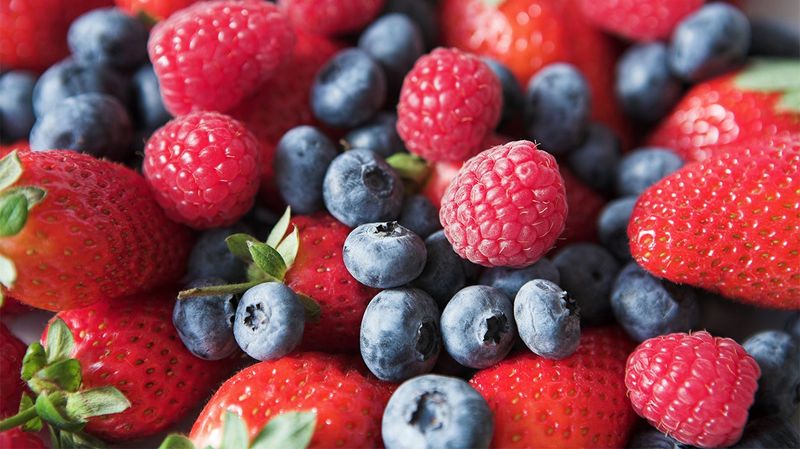
Berries, including blueberries, strawberries, and raspberries, are bursting with polyphenols and antioxidants that may reduce the risk of heart disease. These colorful fruits are as delightful to the eye as they are beneficial for heart health.
Incorporating berries into your diet can be as simple as adding them to yogurt, cereal, or smoothies. Their sweet-tart flavor and juicy texture make them a refreshing addition to any meal. Enjoy their natural sweetness while benefiting from their heart-supporting properties, no matter the season.
8. Olive Oil

Olive oil, a staple of the Mediterranean diet, is renowned for its heart-protective monounsaturated fats. This golden liquid brings both flavor and health benefits to a wide array of dishes.
Using olive oil in cooking or as a salad dressing can enhance heart health by improving cholesterol levels and reducing inflammation. Its rich, fruity flavor complements a variety of foods, making it a versatile ingredient in any kitchen. Embrace olive oil as a delicious way to support cardiovascular wellness and elevate your culinary creations.
9. Tomatoes

Tomatoes, with their vibrant red hue, are packed with lycopene and vitamin C, both linked to lower heart disease risk. These fruits are as versatile as they are nutritious, enhancing dishes with both flavor and health benefits.
Incorporating tomatoes into your meals can range from fresh salads to rich sauces. Their juicy texture and tangy taste make them a staple in many cuisines. Enjoying tomatoes regularly can support heart health by reducing cholesterol levels and supporting overall well-being.
10. Black Beans
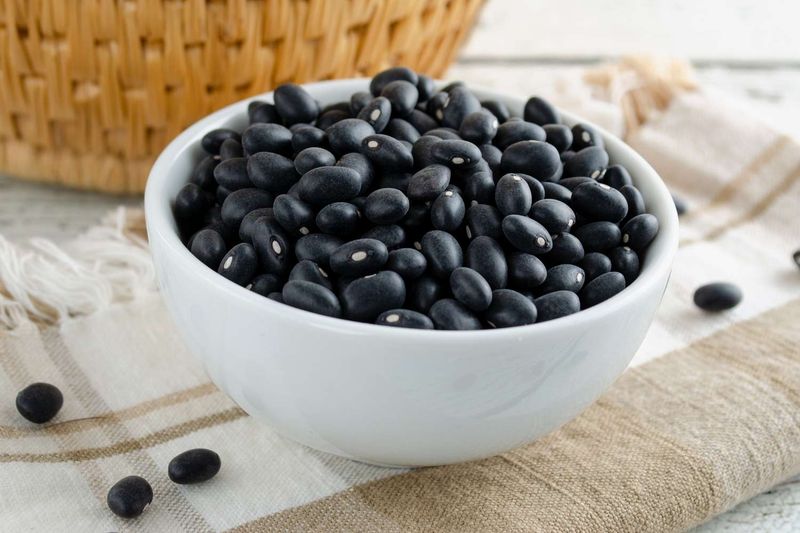
Black beans are a heart-healthy staple, rich in fiber, folate, and potassium. These legumes are celebrated for their role in lowering blood pressure and supporting cardiovascular health.
Incorporating black beans into your diet can be both delicious and nutritious, whether in soups, salads, or as a side dish. Their rich, earthy flavor and creamy texture make them a versatile ingredient in various cuisines. By including black beans in your meals, you contribute to heart health while enjoying satisfying and flavorful dishes.
11. Flaxseeds
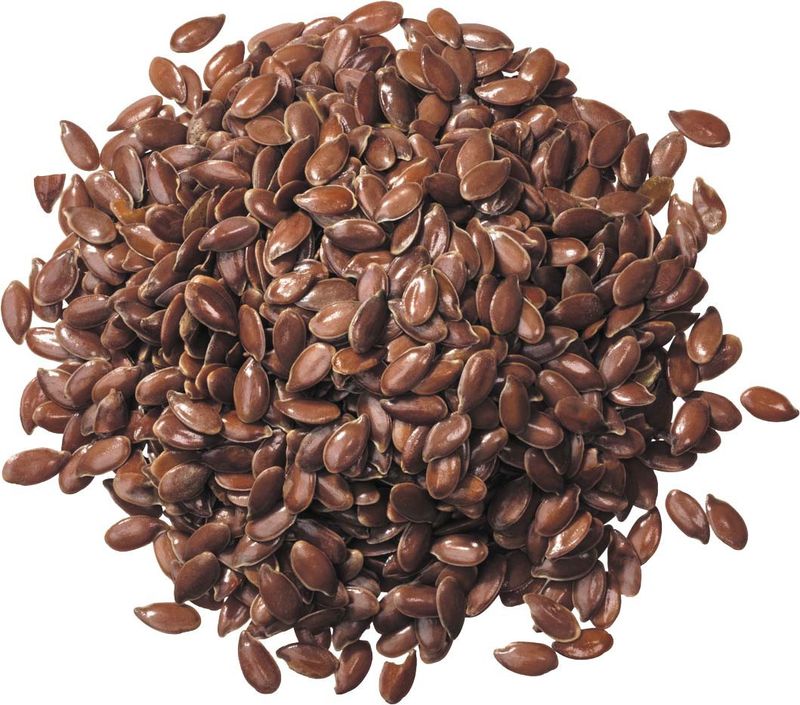
Flaxseeds, though tiny, are mighty in their support of heart health, rich in fiber and plant-based omega-3s. These seeds are a versatile addition to many dishes, enhancing both flavor and nutrition.
Sprinkling flaxseeds on oatmeal, yogurt, or smoothies can boost heart health by maintaining cholesterol balance. Their subtle, nutty flavor pairs well with both sweet and savory options, making them an easy addition to your diet. Enjoy the heart-healthy benefits of flaxseeds in their ground form for optimal nutrient absorption.
12. Chia Seeds
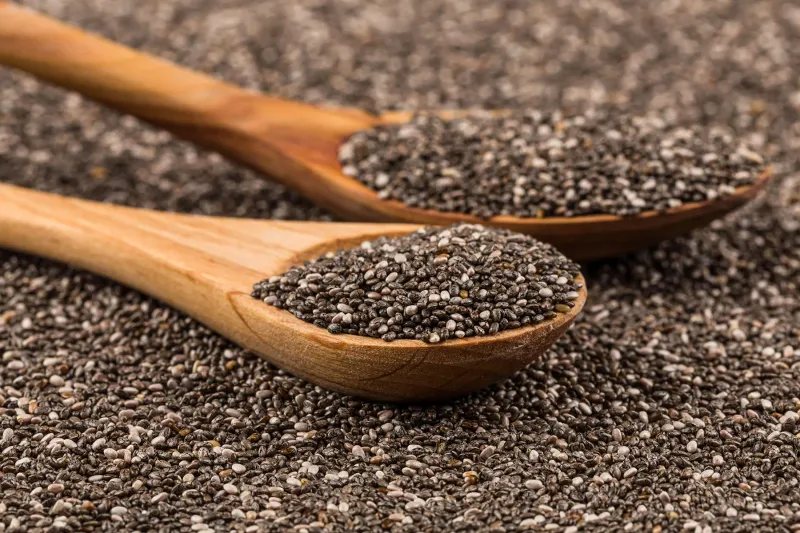
Chia seeds are small but mighty, packed with fiber and anti-inflammatory fats that support heart health. These seeds have become a popular choice for those seeking to enhance their diet with nutritious ingredients.
Adding chia seeds to your meals can be simple and rewarding, whether in smoothies, puddings, or baked goods. Their unique ability to gel in liquid creates a satisfying texture, while their mild flavor blends seamlessly with other ingredients. Embrace chia seeds for their heart-supporting properties and culinary versatility.
13. Green Tea
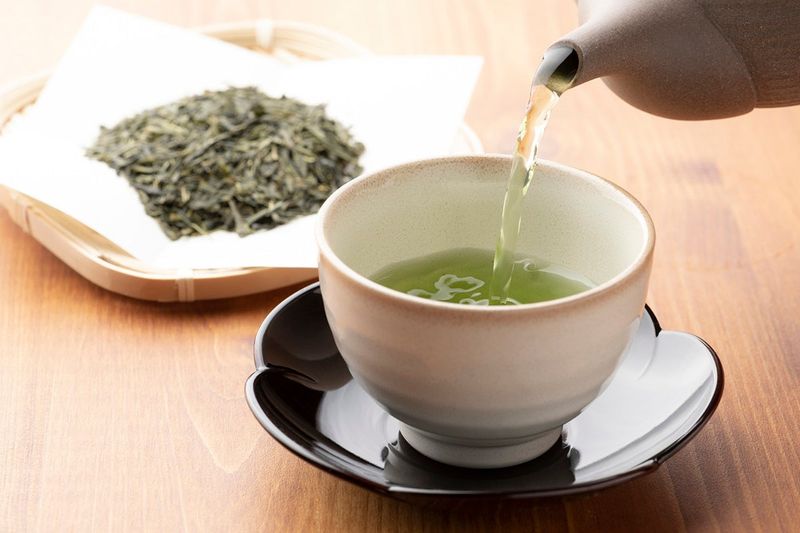
Green tea is celebrated for its catechins, which may improve blood vessel function and reduce blood pressure. This soothing beverage is a favorite among those seeking both relaxation and health benefits.
Sipping green tea regularly can enhance heart health by supporting circulation and antioxidant levels. Its gentle, earthy flavor is enjoyed by many, whether served hot or cold. Incorporating green tea into your daily routine can be a delicious and calming way to promote cardiovascular wellness.
14. Red Grapes
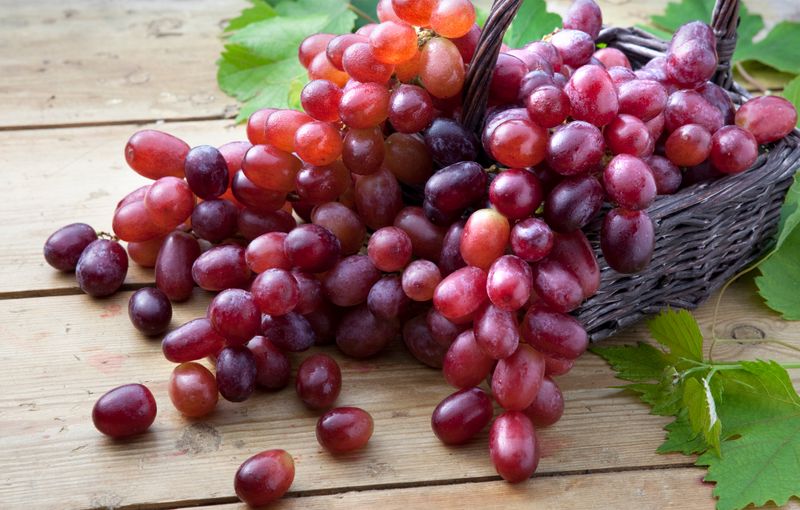
Red grapes are more than just a snack; they’re a source of resveratrol, a compound known for its heart-healthy benefits. These juicy fruits are as delightful to eat as they are beneficial for the heart.
Incorporating red grapes into your diet can be as simple as enjoying them fresh or adding them to salads and desserts. Their sweet, succulent flavor and vibrant color make them a favorite among fruit lovers. Enjoying red grapes regularly can support heart health by reducing inflammation and supporting healthy blood vessels.
15. Edamame
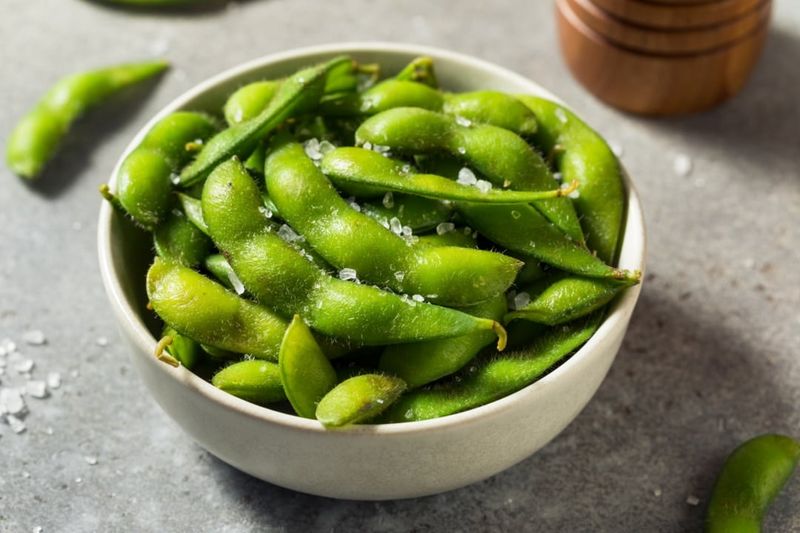
Edamame offers a tasty way to incorporate soy protein into your diet, known for its ability to lower LDL cholesterol. These young soybeans are both nutritious and delicious, providing a satisfying snack or side dish.
Enjoying edamame can support heart health by improving cholesterol levels and offering plant-based protein. Their mild, nutty flavor and tender texture make them a versatile addition to various dishes. Whether steamed, boiled, or roasted, edamame contributes to a heart-healthy lifestyle with every bite.
16. Bananas
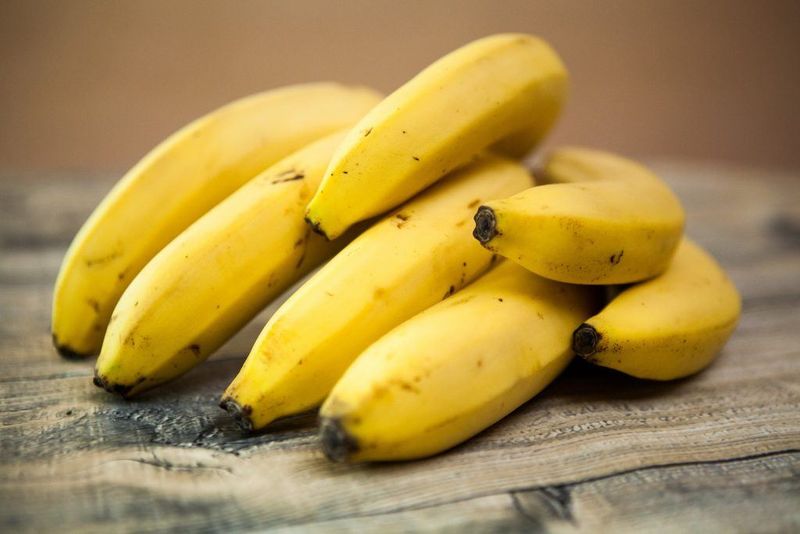
Bananas are well-known for their high potassium content, which helps regulate blood pressure and support heart rhythm. These naturally sweet fruits are a convenient and nutritious snack option.
Incorporating bananas into your diet can be both satisfying and beneficial, whether enjoyed on their own or added to smoothies, cereals, or baked goods. Their creamy texture and sweet flavor make them a favorite among all ages. Enjoying bananas regularly can contribute to heart health by maintaining healthy blood pressure levels and providing essential nutrients.
17. Sweet Potatoes

Sweet potatoes are not only delicious but also a good source of potassium and fiber, naturally low in sodium. These root vegetables are a nutritious addition to any meal, supporting heart health with every bite.
Enjoying sweet potatoes can be as simple as baking, roasting, or mashing them to complement your favorite dishes. Their sweet, earthy flavor and creamy texture make them a versatile ingredient in both savory and sweet recipes. Incorporating sweet potatoes into your diet supports heart health by providing essential nutrients and fiber.
18. Garlic

Garlic is a beloved ingredient for its ability to reduce blood pressure and prevent arterial plaque buildup. This pungent herb adds flavor to dishes while supporting cardiovascular wellness.
Incorporating garlic into your meals can be as easy as adding it to sauces, marinades, or roasted vegetables. Its bold, savory flavor enhances a variety of cuisines, making it a staple in many kitchens. Enjoying garlic regularly can contribute to heart health by promoting healthy blood pressure levels and supporting overall circulation.
19. Quinoa
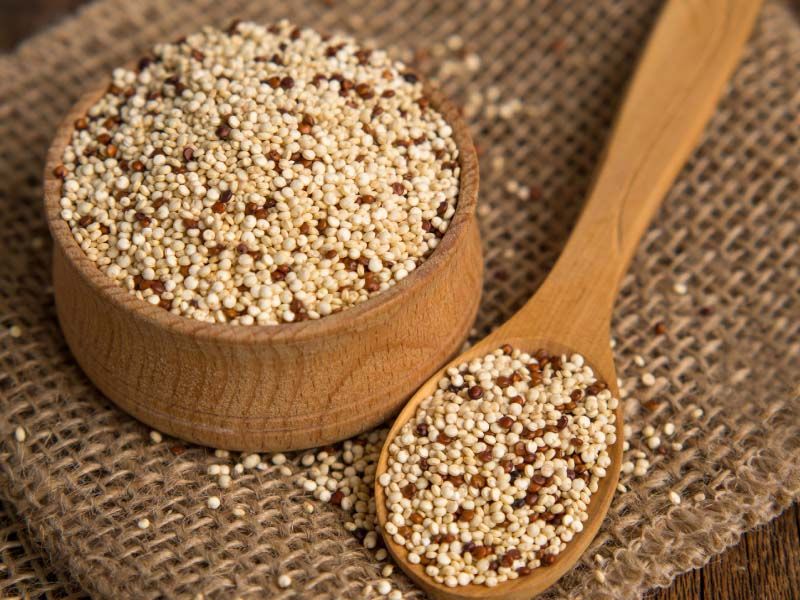
Quinoa is a complete protein and a great source of fiber, supporting weight and cholesterol management. This ancient grain is a nutritious choice for those seeking to enhance their diet with wholesome ingredients.
Incorporating quinoa into your meals can be both delicious and versatile, whether as a salad base, side dish, or breakfast porridge. Its mild, nutty flavor and fluffy texture make it a favorite among health-conscious individuals. Enjoying quinoa regularly can contribute to heart health by providing essential nutrients and promoting fullness.
20. Beets
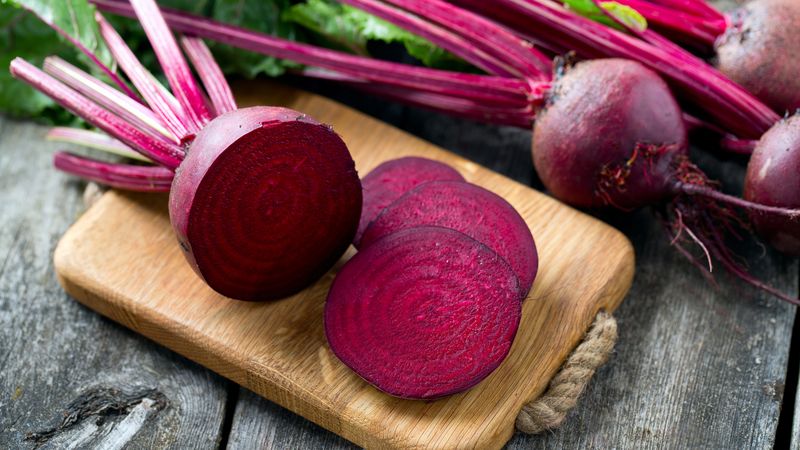
Beets are celebrated for their high nitrate content, which helps improve blood flow and lower blood pressure. These vibrant root vegetables offer both flavor and health benefits, making them a favorite among heart-conscious food enthusiasts.
Incorporating beets into your diet can be as simple as roasting, juicing, or adding them to salads. Their sweet, earthy flavor and vivid color make them a standout in any dish. Enjoying beets regularly can support heart health by enhancing circulation and providing essential nutrients.
21. Oranges

Oranges, with their bright color and refreshing flavor, are rich in vitamin C and potassium. These citrus fruits are not only delicious but also supportive of heart health through their cholesterol-lowering fiber content.
Incorporating oranges into your diet can be as simple as enjoying them fresh or adding them to salads and desserts. Their sweet-tart flavor and juicy texture make them a favorite among fruit lovers. Enjoying oranges regularly can contribute to heart health by providing essential nutrients and supporting healthy cholesterol levels.
22. Lentils
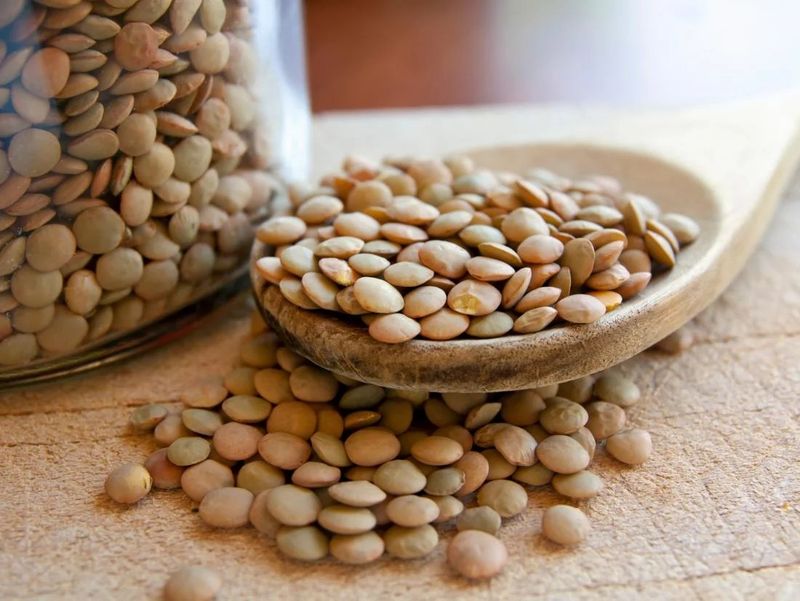
Lentils are a protein-packed legume, rich in folate, supporting healthy circulation and blood pressure. These versatile legumes are a nutritious addition to various dishes, enhancing both flavor and nutrition.
Incorporating lentils into your meals can be as simple as adding them to soups, stews, or salads. Their earthy flavor and hearty texture make them a satisfying ingredient in many cuisines. Enjoying lentils regularly can support heart health by providing essential nutrients and promoting cardiovascular wellness.
23. Dark Chocolate (70% or higher)

Dark chocolate, particularly varieties with 70% cocoa or higher, is rich in flavonoids that can reduce inflammation and improve blood flow. This indulgent treat is both delicious and supportive of heart health when enjoyed in moderation.
Incorporating dark chocolate into your diet can be a delightful way to enhance your meals, whether as a dessert or a snack. Its rich, complex flavor and smooth texture make it a favorite among chocolate lovers. Enjoying dark chocolate regularly can contribute to heart health while satisfying your sweet tooth.
24. Turmeric
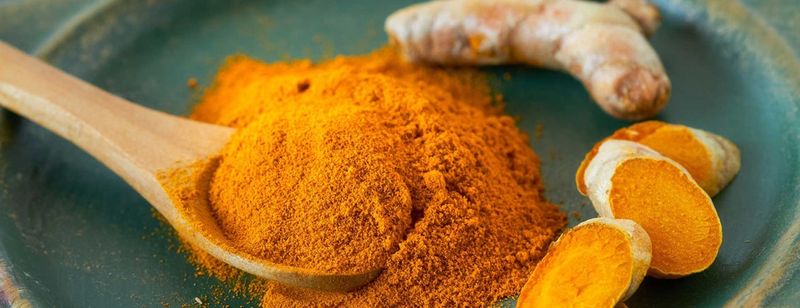
Turmeric, with its active compound curcumin, may help lower inflammation that can lead to heart disease. This golden spice is a staple in many cuisines, celebrated for its flavor and health benefits.
Incorporating turmeric into your meals can be as simple as adding it to curries, soups, or smoothies. Its warm, earthy flavor and vibrant color make it a versatile ingredient in the kitchen. Enjoying turmeric regularly can support heart health by reducing inflammation and providing essential antioxidants.
25. Butter (Yes, Really — In Moderation!)

Butter, particularly grass-fed or high-quality varieties, can fit into a heart-healthy diet when consumed in moderation. This creamy spread offers fat-soluble vitamins and conjugated linoleic acid (CLA), supporting overall health.
Incorporating butter into your meals can enhance flavor and texture, whether as a spread or an ingredient in cooking. Its rich, creamy taste is beloved by many, making it a staple in numerous recipes. Enjoying butter in moderation can contribute to a balanced diet while providing essential nutrients.
